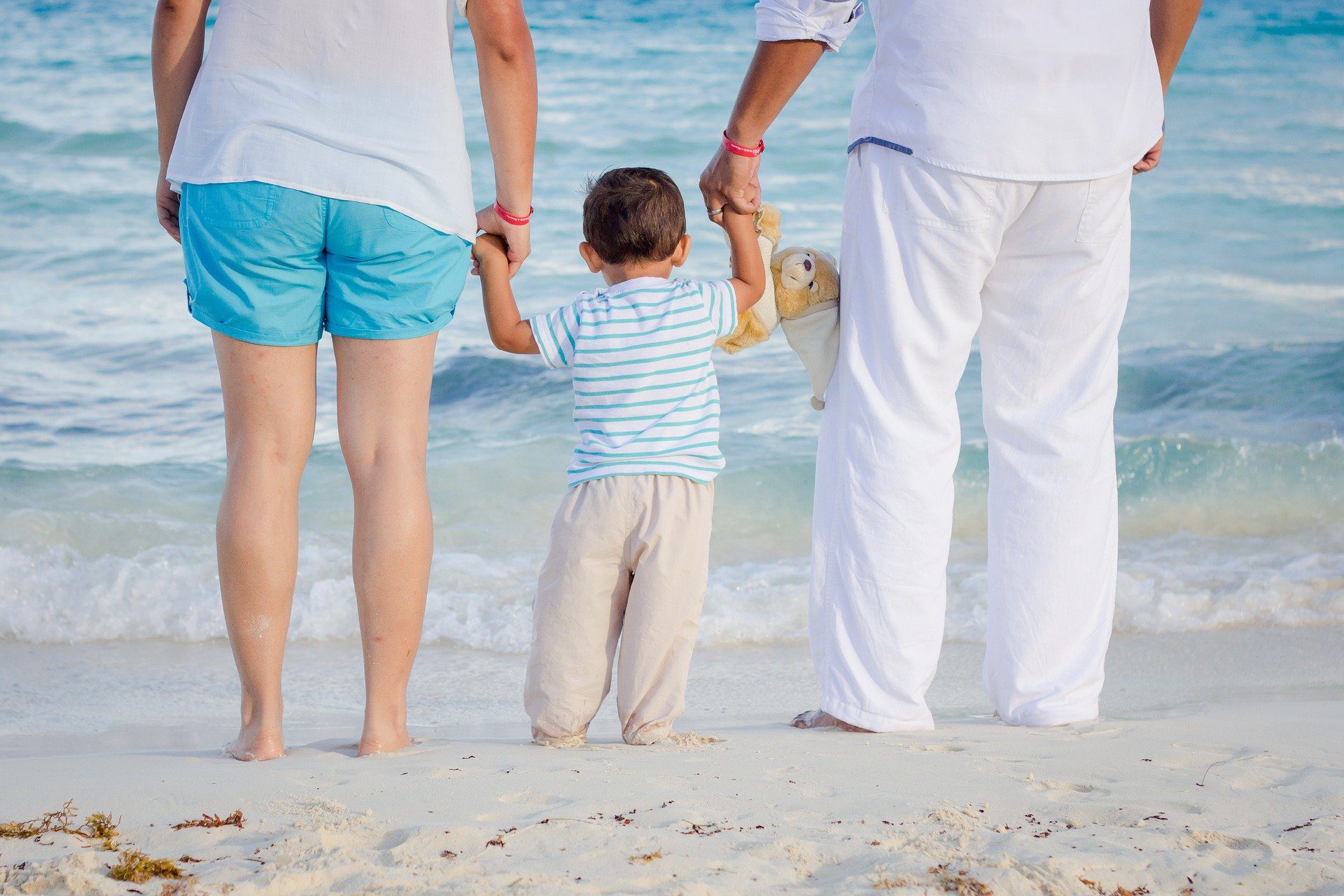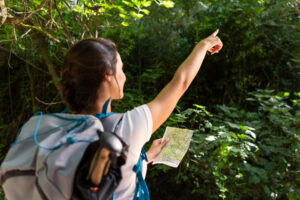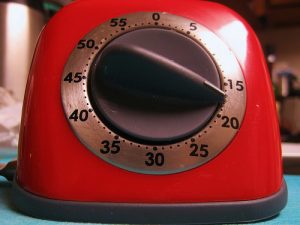Is your baby about to enter toddlerhood? Get ready for a wild ride. The toddler stage is packed with all sorts of exciting physical and cognitive development milestones. During this stage, your precious tot will be making huge strides in their motor skills, cognitive development, and language skills.
It’s a thrilling time for you and your baby. But remember that all toddlers grow and develop at their own pace. If your precious little tot can’t pick out her own toddler clothes or speak in complete sentences like your friend’s “genius” toddler down the street, don’t worry! It doesn’t necessarily mean that she’s lagging behind. Read on for ten important toddler milestones that your toddler will reach, plus the approximate time that your little cutie will reach them.
Table of Contents
1. Taking Their First Steps (8-12 Months)
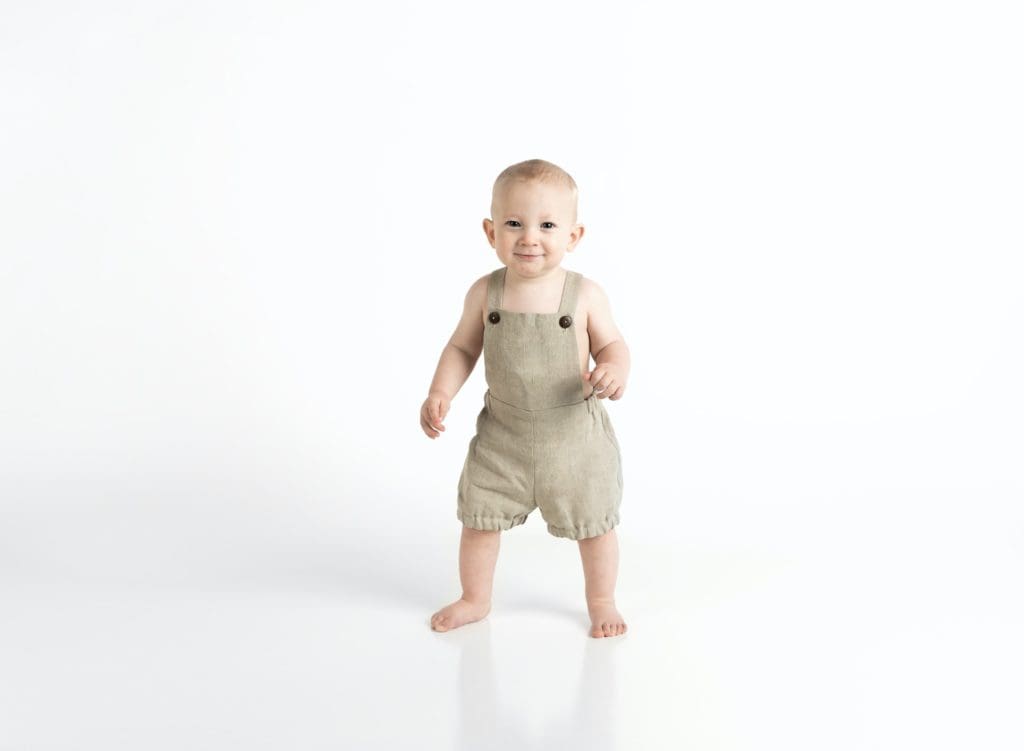
Go, baby, go! Once your baby is cruising around her playroom and pulling herself up, it may not be long before she’s taking her first, wobbly steps. It could happen as soon as next week or take a few more months. Either way, try to be patient. Your baby will walk when she’s ready. In the meantime, you can encourage your baby by grasping her hands and helping her walk around. Stay away from walkers, which may do more harm than good. According to the American Academy of Pediatrics, infant walkers injure thousands of children each year and may delay motor development.
2. Developing the Pincer Grasp (8-12 Months)
Between 8 and 12 months, your little cutie will develop what’s known as the pincer grasp. This means that your baby can grab objects (like finger foods) between his thumb and forefinger. Although it may sound a little crab-like, the pincer grasp is a significant milestone in your baby’s development. Expect a huge mess as your baby gains dexterity in his hands and eventually learns how to spoon-feed himself around the 10- to the 12-month mark.
3. Speaking First Words (9-14 Months)
One of the most exciting important toddler milestones for parents is baby’s first words. Up until now, your baby has been vocalizing themselves through cooing and babbling. By nine months or so, their speech development will progress to saying words such as “mama” and “dada.” However, they may not know what those words mean yet, so don’t be surprised if everyone—from the family dog to complete strangers—is called “dada” for a while.
4. Stooping/Squatting (12-18 Months)
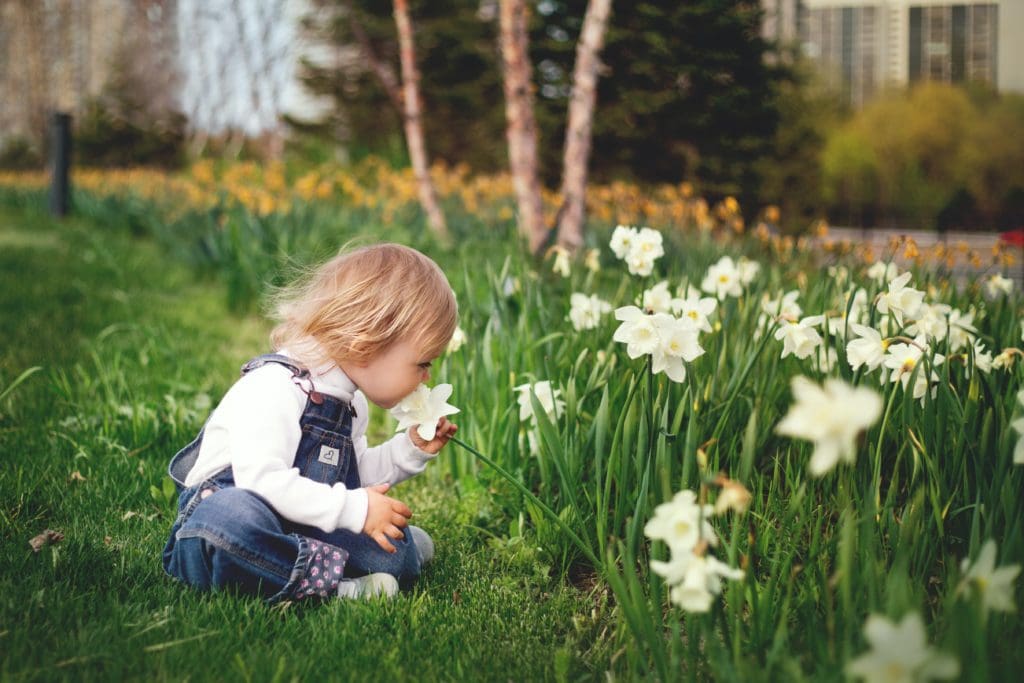
Although squatting may not seem like an important skill, it’s a big milestone for your little one. The ability to stoop down, pick something up, and resume a standing position requires a significant amount of hand-eye coordination and balance. If your toddler no longer needs you to grab things off the ground for her, that means she’s becoming steadier on her feet. It’s also a precursor to other important toddler milestones such as climbing and running.
5. Running (14-24 Months)
The moment your toddler learns how to run is both thrilling and terrifying. Your little one is eager to explore the world and finally has the ability to do so at a relatively fast pace. It’s a huge milestone that marks their growing independence and strong gross motor skills. Running typically starts around 18 months of age, but don’t worry if your toddler is slow to start. Similar to language, there’s a wide range for what’s considered normal with this skill.
6. Understanding Simple Instructions (15-18 Months)
Around 15 months, your toddler will begin to understand simple instructions such as “please pick up your shoes and bring them to me.” Of course, this doesn’t mean that your toddler will always follow through with those instructions. While most toddlers are eager to help, it’s also not uncommon for them to start testing your boundaries at this age. If your little one is maddeningly defiant, try to look on the bright side: Testing your limits is a positive sign of your toddler’s cognitive development.
7. Learning Potty Training (18-24 Months)
Most parents can’t wait to potty train their baby or toddler. Why? Because it means no more diapers! According to the Mayo Clinic, most toddlers show signs that they’re ready to begin potty training between 18 and 24 months old; however, some may take longer. When your child is ready to take that big step, look for ways to make potty training fun and rewarding. For instance, choosing the right training pants in a variety of cute colors and patterns can make your little one excited to get dressed in the morning.
8. Empathizing (18-24 Months)
Around two years of age, most toddlers will begin to show empathy. Your defiant toddler may show sudden bursts of sweetness that demonstrate his ability to form a connection between his feelings and the feelings of other people. To help your toddler develop his empathy, help him identify his feelings, and reassure him that it’s OK to feel the way he does. Another way to improve his ability to empathize is by letting him know when you’re sad or angry.
9. Jumping (2-3 Years)
Is your toddler learning to jump off low structures? Although it may be a little nerve-wracking, your toddler’s newfound jumping ability is a major milestone that requires no small amount of bilateral coordination. This milestone usually occurs between the ages of two and three, but you can do things to help them hone their jumping skills. Start by holding their hand while walking outside and let them hop on and off the curb safely. You can also practice leapfrogging. Show your child how to squat down and jump up like a frog.
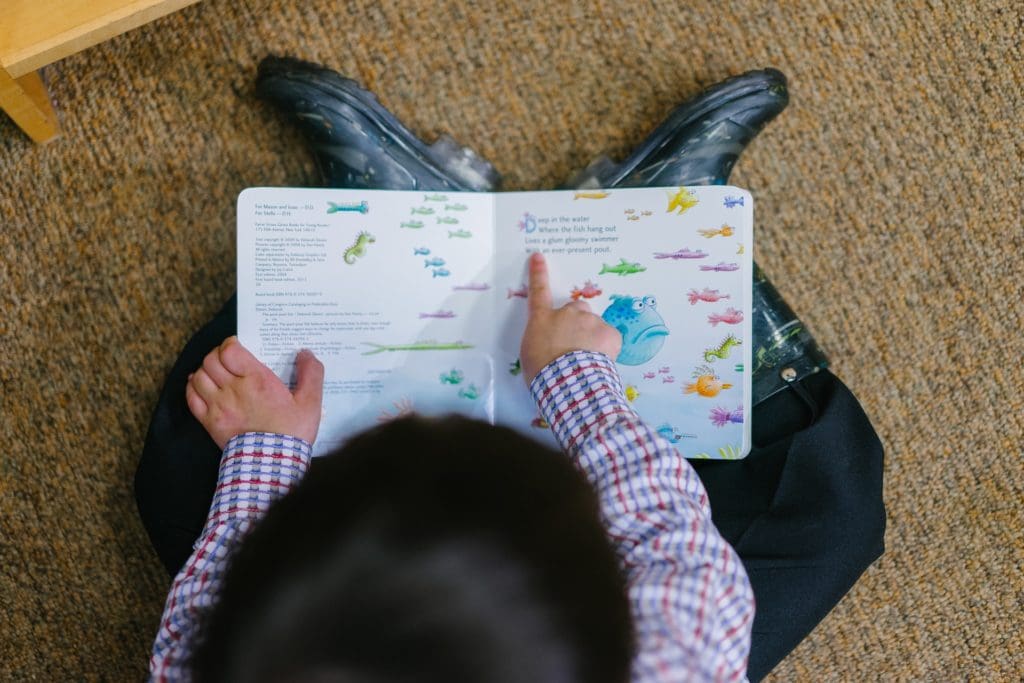
10. Expanding Vocabulary (2-3 Years)
By the age of two, your toddler will have expanded their vocabulary to about 50 words. She should now be repeating words that she hears from you, for better or worse. In the coming year, she will be able to link together words to get her meaning across (i.e., “my toy”). Once she reaches age three, your little one will be speaking in simple sentences and be able to hold a mostly coherent conversation.
Reaching Milestones in Their Own Time
Remember, toddler milestones are not a competition. Some children learn to talk quickly and lag behind on walking, while others are the opposite. If you have concerns about your toddler’s development, don’t hesitate to reach out to your doctor. They can examine your toddler and ensure that your little one is on the right track.
Featured Image by Mario Renteria from Pixabay

